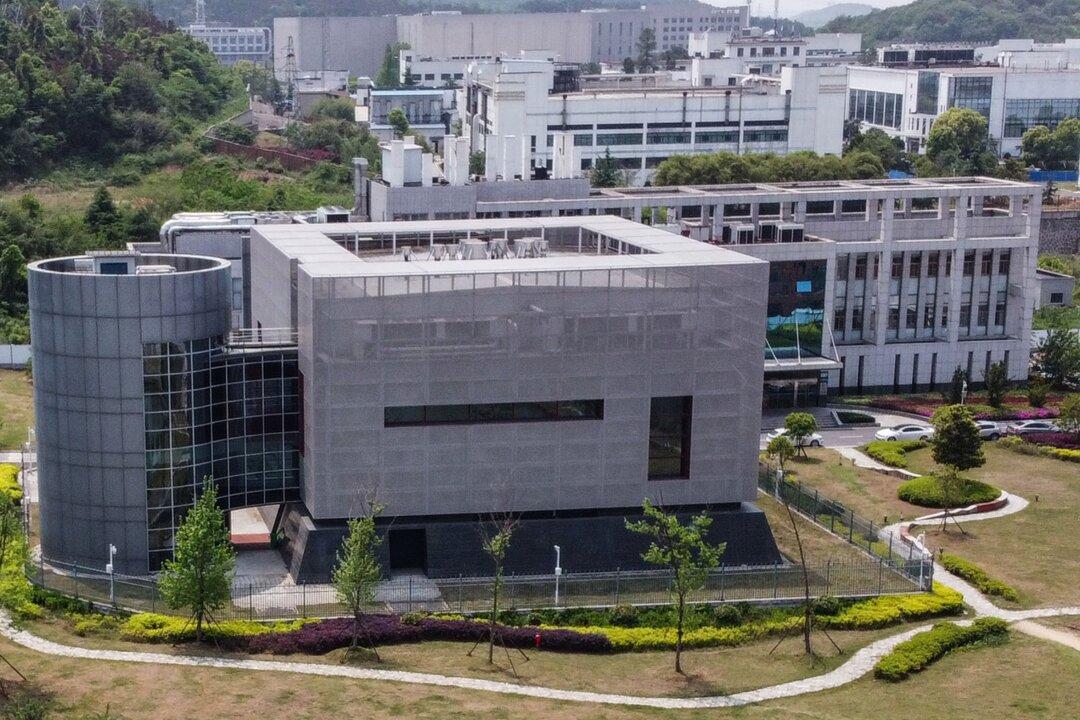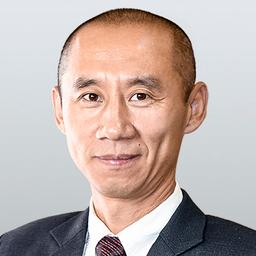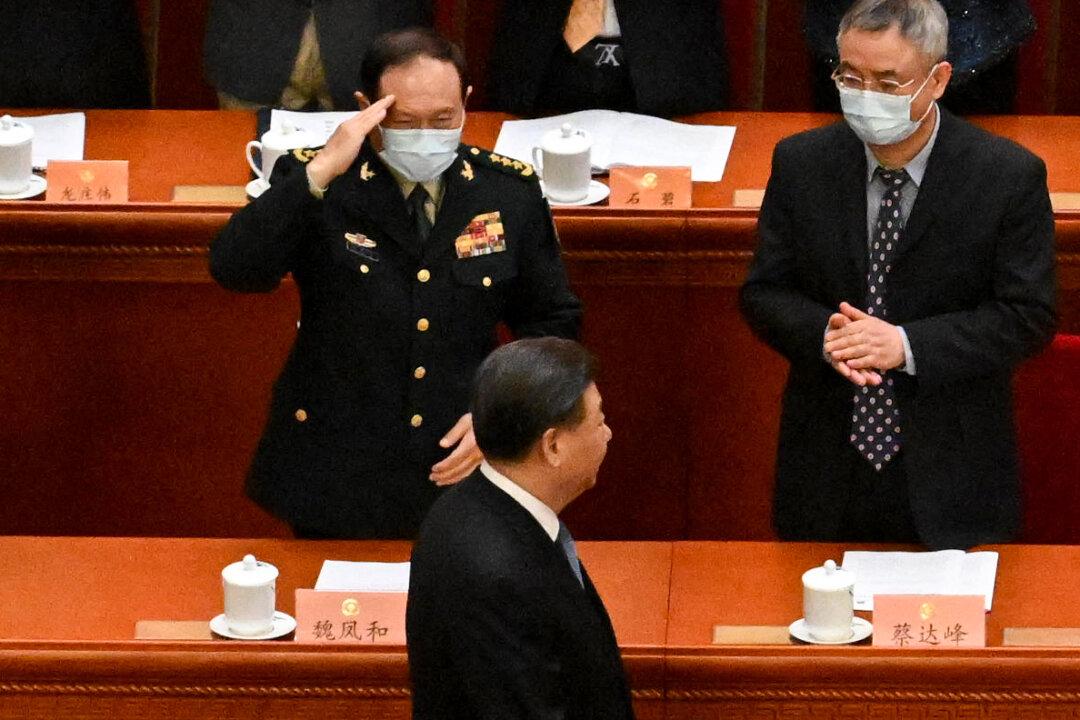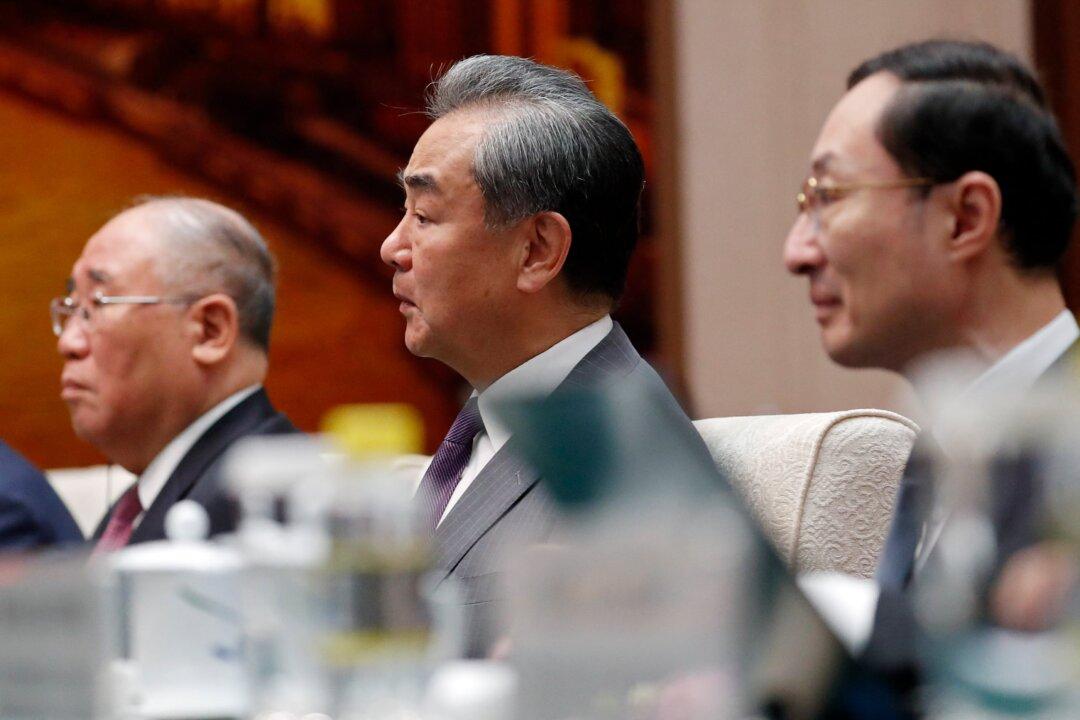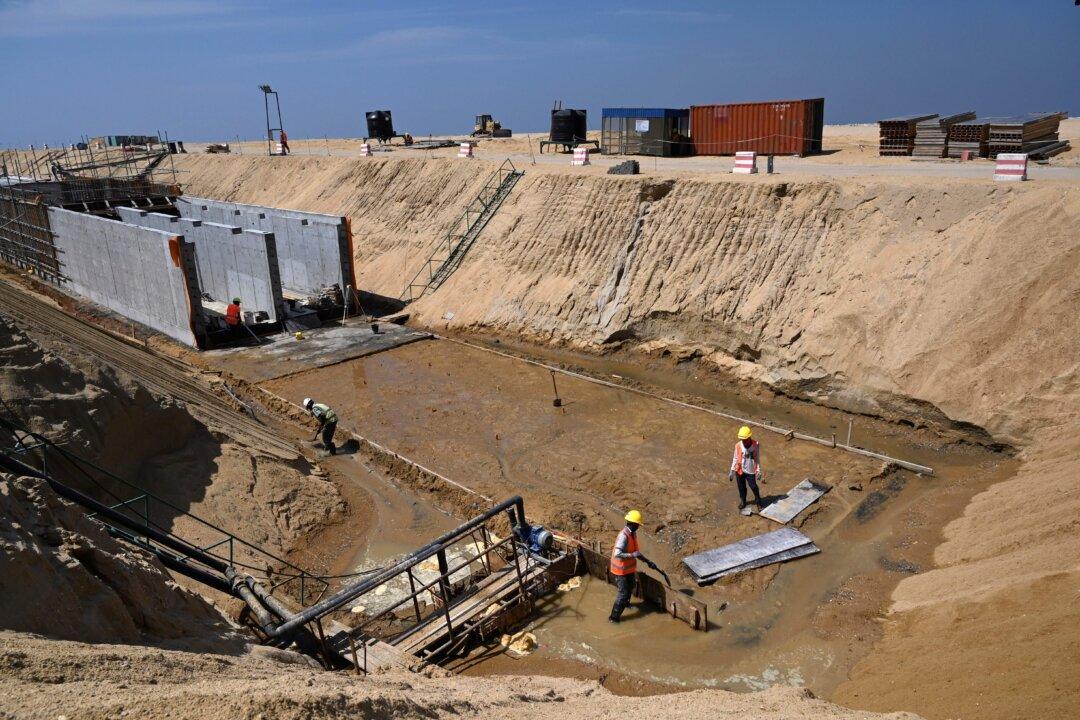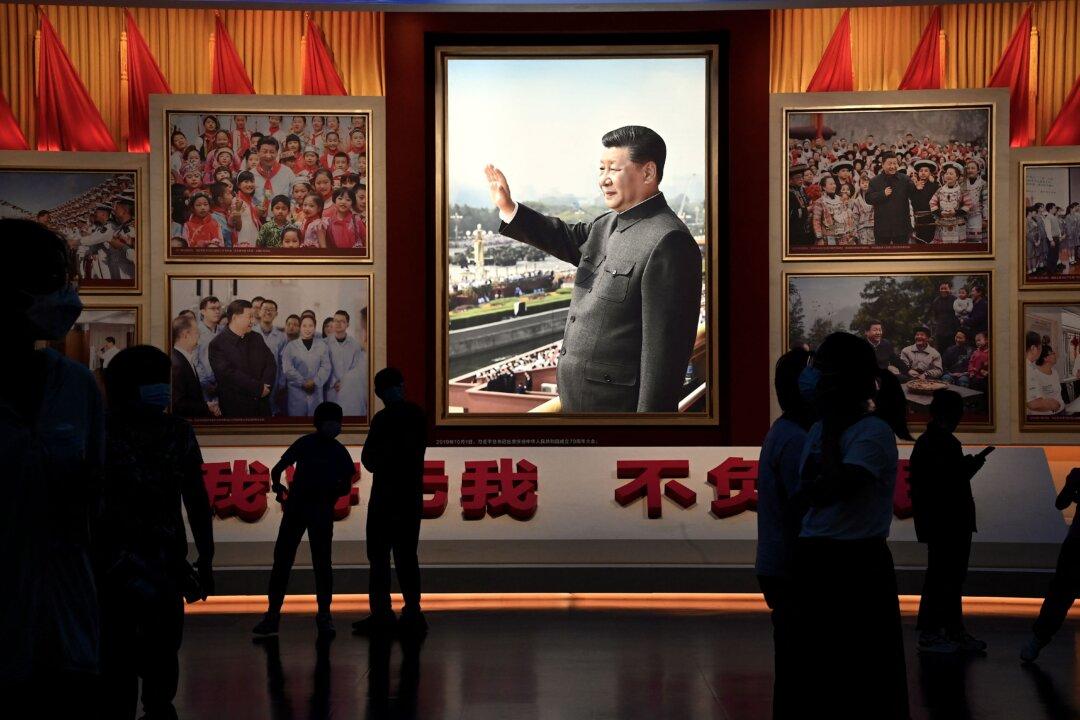Jiang Chaoliang, the former Party boss of Hubei Province who was sacked at the start of the COVID-19 outbreak, was named as the deputy head of the Hubei delegation to the CCP’s rubber-stamp Congress. He was blamed for the first COVID outbreak in late 2019 in Wuhan, Hubei Province, China.
Jiang worked with provincial government leadership to conceal the facts about the outbreak in Wuhan at its earliest stages. The lies spread at the start of the pandemic plunged China into an unprecedented credibility crisis on the international stage. In February 2020, Jiang and several other provincial officials became scapegoats and were removed from their posts without warning. It is common practice for the CCP to blame lower-level officials for large-scale systematic failures in the Communist regime.
